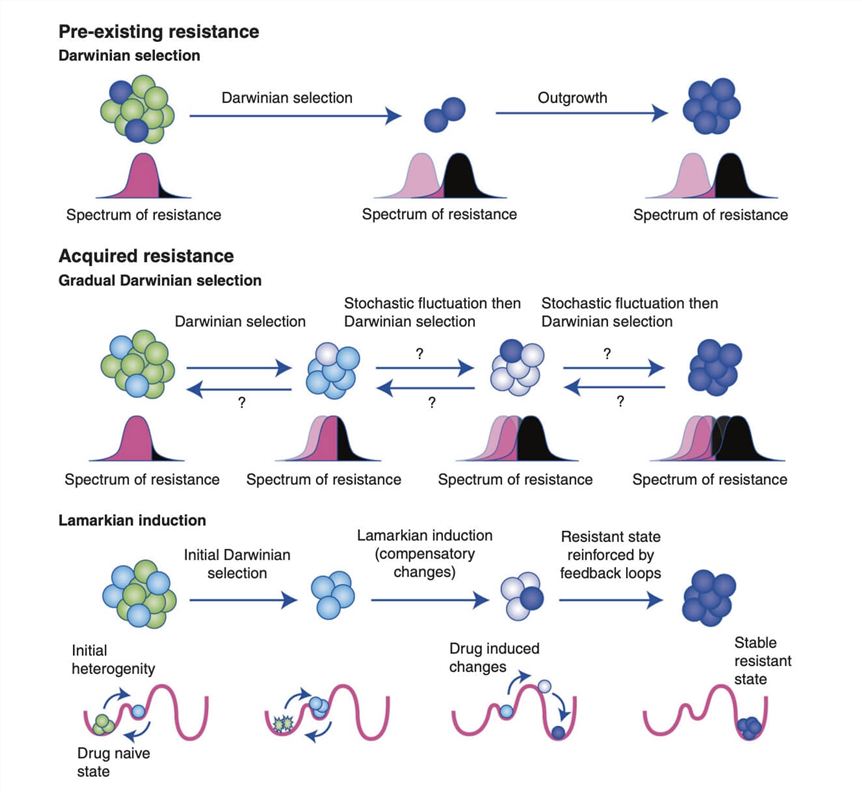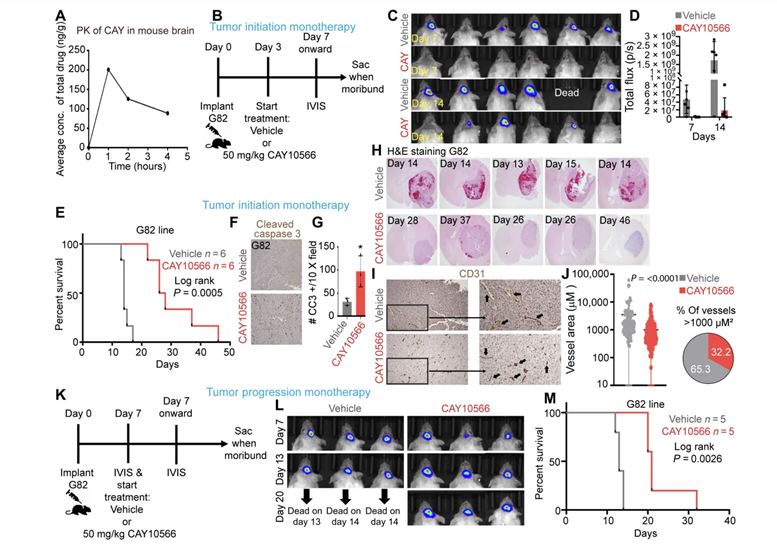Anti-Cancer Resistance Inhibitor Discovery Solutions
The development of new inhibitors with high specificity for cancer cells can potentially lead to more effective, less toxic cancer therapies, and overcome resistance. Creative Biolabs uses multidrug-resistant strains drug screening tools and high-throughput screening techniques that can greatly increase the efficiency of drug discovery and development, reducing the time and cost associated with bringing new anticancer drugs to market.
Introduction
Creative Biolabs provides anti-cancer resistance inhibitor discovery services, which involve the design and testing of novel compounds that target specific pathways involved in cancer resistance. Our team of experts has extensive experience in the field of cancer research and drug development. We can identify potential therapeutic targets and design inhibitors that can effectively block these targets. Through a rigorous process of in vitro and in vivo testing, we evaluate the efficacy and safety of our inhibitors to ensure their potential for preclinical application.
Every cancer is unique, and resistance mechanisms can vary between different tumor types and individuals. Our ultimate goal is to provide our clients with effective inhibitors that can overcome cancer resistance and improve treatment outcomes.
 Fig.1 Non-genetic Resistance Process in Cancer.1,3
Fig.1 Non-genetic Resistance Process in Cancer.1,3
Services
Creative Biolabs enables rapidly generating inhibitors that target specific mechanisms of cancer resistance, providing you with tailored solutions for your unique needs. We also offer a collaborative and personalized approach to working with our clients. Our team is committed to open communication, transparency, and providing the highest level of service to our clients throughout the entire development process. we offer a range of anticancer inhibitors-related services, including:
-
Tyrosine kinase inhibitors: These inhibitors target enzymes called tyrosine kinases that are often overactive in cancer cells.
-
Proteasome inhibitors: These inhibitors block the activity of proteasomes, which are enzymes that break down proteins in cells.
-
Checkpoint inhibitors: Checkpoint inhibitors are designed to block the immune checkpoint proteins that prevent the immune system from attacking cancer cells.
For instance, we have recently designed and developed novel small molecule inhibitors that target the MAPK pathway involved in cancer cell growth and proliferation. Our labs used computer-aided drug design techniques to screen millions of chemical compounds for their potential inhibitory activity against cancer cells. The most promising candidates were then tested in vitro and in vivo for their efficacy in inhibiting tumor growth.
 Fig.2 The Therapeutic Efficacy Analysis of SCD Inhibitors in GBM.2,4
Fig.2 The Therapeutic Efficacy Analysis of SCD Inhibitors in GBM.2,4
In addition, we employed high-throughput screening techniques to test large numbers of candidate compounds in the drug discovery process. As a result, we have generated a drug screening system using our self-developed multidrug-resistant strains. In principle, we use a collection of multidrug-resistant strains and test them against a panel of different cancers to identify potential new drugs or drug combinations that could overcome resistance. The screening process involves measuring the growth inhibition of resistant strains in the presence of the test drugs. Meanwhile, we also utilize genomics techniques to characterize the mechanisms of resistance in the different cancer types and identify potential drug targets.
Our screening system allows for the identification of novel drugs or drug combinations that can effectively treat cancers caused by multidrug-resistant. By using resistant strains in the screening process, we can prioritize drugs that are less likely to induce further resistance.
Creative Biolabs has conducted comprehensive solutions of multiple inhibitors discovery to identify relevant targets/compounds with inhibitory activity against cancer cells. We can select and establish inhibitors that can effectively target and inhibit resistant cancer cells. If you are interested in our inhibitor development services or would like to learn more about how we can help solve cancer resistance, please do not hesitate to contact us for inquiries.
References
-
Bell, Charles C., and Omer Gilan. "Principles and mechanisms of non-genetic resistance in cancer." British journal of cancer 122.4 (2020): 465-472.
-
Oatman, Nicole, et al. "Mechanisms of stearoyl CoA desaturase inhibitor sensitivity and acquired resistance in cancer." Science Advances 7.7 (2021): eabd7459.
-
Image retrieved from Figure 1 "The potential adaptive modes for non-genetic resistance." Bell et al., 2020, used under CC BY 4.0 (https://creativecommons.org/licenses/by/4.0/). The title was changed to " Non-genetic Resistance Process in Cancer."
-
Image retrieved from Figure 2 "SCD inhibitor shows therapeutic efficacy in GBM." Oatman et al., 2021, used under CC BY 4.0 (https://creativecommons.org/licenses/by/4.0/). The title was changed to " The Therapeutic Efficacy Analysis of SCD Inhibitors in GBM." The original image was modified by extracting and using part a-m.
For Research Use Only | Not For Clinical Use


 Fig.1 Non-genetic Resistance Process in Cancer.1,3
Fig.1 Non-genetic Resistance Process in Cancer.1,3
 Fig.2 The Therapeutic Efficacy Analysis of SCD Inhibitors in GBM.2,4
Fig.2 The Therapeutic Efficacy Analysis of SCD Inhibitors in GBM.2,4
 Download our brochure
Download our brochure